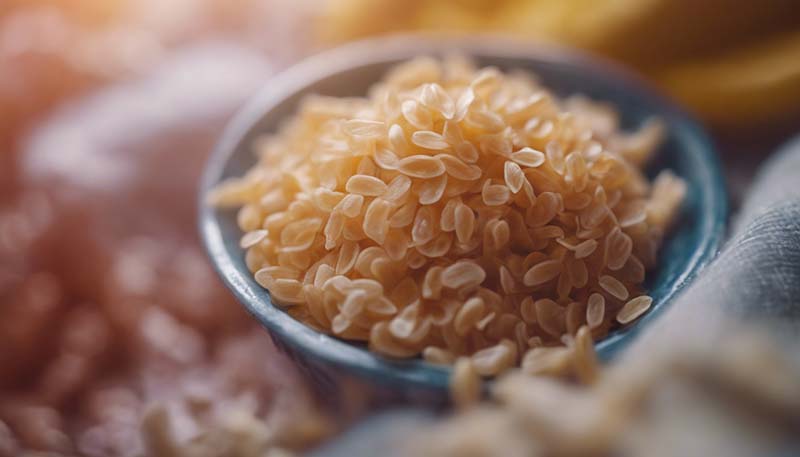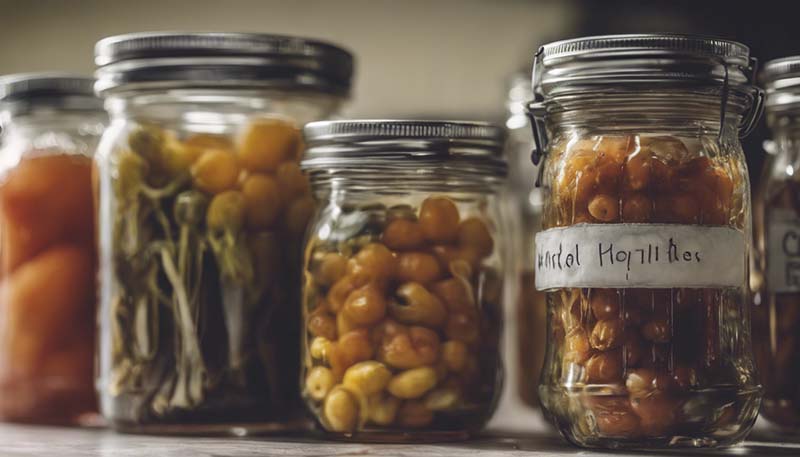Sure, here\'s a sample article on the importance of water in your diet:
Hydrating with H2O: The Importance of Water in Your Diet
Water is often referred to as the \"elixir of life\" for a reason. It is the most essential nutrient for our body and plays a vital role in maintaining our overall health and well-being. Despite its importance, many people still underestimate the significance of including adequate amounts of water in their daily diet.
In this article, we will explore the various roles that water plays in our body, the signs and symptoms of dehydration, and the benefits of staying hydrated. We will also provide some tips on how to increase your water intake and make it a habit.
Role of Water in the Body
Water is a crucial component of our body, making up about 60% of our body weight. It plays several important roles, including:
1. Regulating body temperature: Water helps to regulate our body temperature by dissipating heat through sweat and respiration.
2. Lubricating joints: Water acts as a lubricant for our joints, reducing friction and wear and tear.
3. Transporting nutrients: Water is essential for the transportation of nutrients and oxygen to our cells and tissues.
4. Eliminating waste: Water helps to flush out waste products and toxins from our body through urine and sweat.
5. Maintaining blood volume: Water is a major component of our blood, helping to maintain its volume and pressure.
6. Aiding digestion: Water is necessary for the proper functioning of our digestive system, as it helps to break down food and absorb nutrients.
Signs and Symptoms of Dehydration
Dehydration can occur when our body loses more water than it takes in. Some common signs and symptoms of dehydration include:
1. Thirst
2. Dry mouth and tongue
3. Dark-colored urine
4. Fatigue and weakness
5. Dizziness and lightheadedness
6. Headaches
7. Constipation
8. Dry skin
9. Loss of appetite
10. Rapid heartbeat
If you experience any of these symptoms, it is essential to increase your water intake immediately to prevent further complications.
Benefits of Staying Hydrated
Staying hydrated has several health benefits, including:
1. Improved physical performance: Adequate water intake can improve physical performance and endurance by reducing fatigue and muscle cramps.
2. Enhanced cognitive function: Dehydration can impair cognitive function, leading to reduced concentration, memory, and alertness. Staying hydrated can help improve mental performance.
3. Weight management: Drinking water can help with weight management by increasing satiety and reducing hunger.
4. Healthy skin: Water helps to maintain skin elasticity and hydration, reducing the appearance of fine lines and wrinkles.
5. Improved digestion: Adequate water intake can prevent constipation and promote regular bowel movements.
6. Detoxification: Water helps to flush out toxins and waste products from our body, reducing the risk of kidney stones and urinary tract infections.
7. Reduced risk of chronic diseases: Staying hydrated can reduce the risk of developing chronic diseases such as heart disease, stroke, and certain types of cancer.
Tips for Increasing Water Intake
Here are some tips to help you increase your water intake and make it a habit:
1. Carry a water bottle: Always have a water bottle with you, whether you\'re at work, school, or running errands.
2. Set a daily goal: Aim to drink at least 8-10 glasses of water per day, depending on your body weight and activity level.
3. Drink before meals: Drinking a glass of water before meals can help increase satiety and prevent overeating.
4. Flavor your water: If you find plain water boring, try adding a slice of lemon, cucumber, or a splash of fruit juice to enhance its taste.
5. Use a marked water bottle: Some water bottles come with markings to help you track your daily water intake.
6. Replace sugary drinks with water: Instead of reaching for sugary drinks, opt for water to stay hydrated and reduce your calorie intake.
7. Establish a routine: Make it a habit to drink water at specific times of the day, such as when you wake up, before meals, and before bedtime.
8. Eat water-rich foods: Incorporate water-rich foods such as fruits and vegetables into your diet to increase your water intake.
In conclusion, staying hydrated is crucial for maintaining overall health and well-being. It is essential to include adequate amounts of water in your daily diet to prevent dehydration and its associated complications. By following the tips mentioned above, you can make staying hydrated a habit and reap its numerous health benefits.
Remember, water is not just a thirst quencher; it is a vital nutrient that plays a critical role in our body\'s functioning. So, make sure to prioritize your water intake and stay healthy!






























Leave a comment